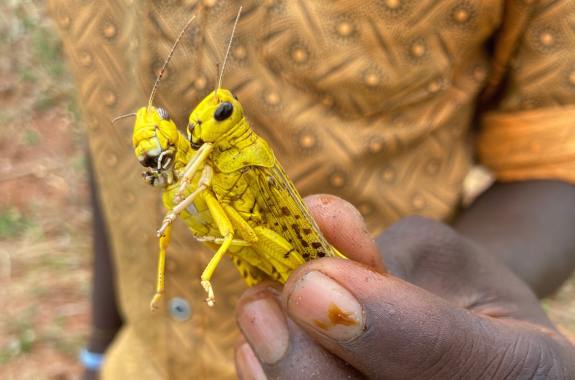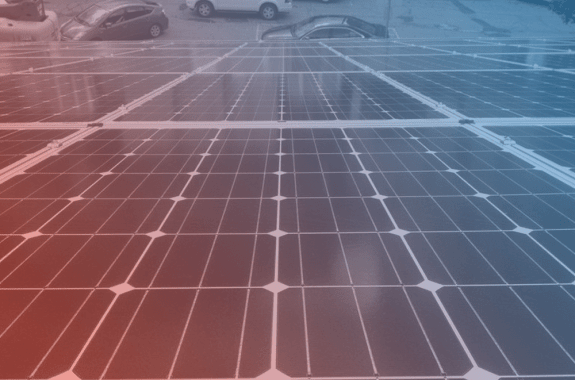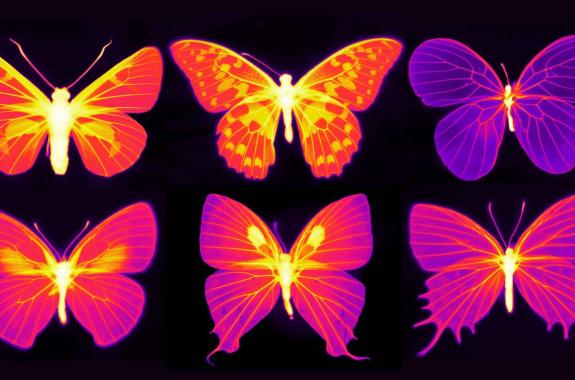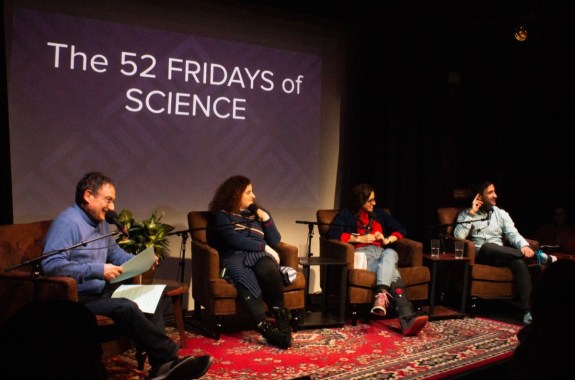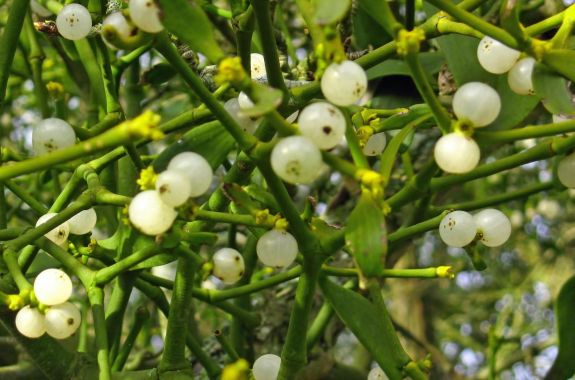Katie Feather is a former producer for Science Friday and the proud mother of two cats, Charleigh and Sadie.
Katie previously worked as a reporter and producer for KBIA, WHYY, WNYC and The New York Times and has a degree in science journalism from NYU. Her work reporting on events in Ferguson, Missouri, in 2014 won a National Murrow Award for small-market feature reporting.
A native of the New York metro area, Katie currently calls New Jersey home (and feels guilty about it). She hopes to one day live near the beach.
7:12
East Africans Battle A Plague Of Locusts Brought On By Climate Change
As swarms the size of cities devastate food supplies, both residents and experts in East Africa are looking for solutions to the locust pest problem.
4:33
Why Coal Country May Be Going Solar
A new bill passing through the West Virginia state legislature would increase the state’s solar capacity by 5,000%.
16:45
In A World Of Lab-Grown Diamonds, What Is Real And Fake?
Science historian Lydia Pyne on how “genuine fakes” live in a gray area between real and fake.
29:13
How Tech Can Make Us More—And Less—Empathetic
A new book covers why empathy is important to society, and how technology is changing that.
16:49
With Butterfly Wings, There’s More Than Meets The Eye
New research suggests living cells on the butterfly wing help it regulate temperature.
17:18
Drug Researchers Refuse To Follow The Law. The Government Isn’t Stopping Them.
Almost a third of registered drug studies are not reporting data to the government.
20:02
The Science Of Polling In 2020 And Beyond
Polling is changing as modern technology influences our behaviors. Can we continue to trust it?
21:21
The Mysteries Of Migraines
Every person’s migraine feels different. Can there really be one drug for everyone?
47:37
The 2019 Science News That Made The Headlines
We discuss the biggest moments in science from the year, and recap a decade of discoveries as we head into 2020.
6:35
The Secret Life Of Mistletoe (When It’s Not Christmas)
This parasitic plant grows in deserts and forests around the world and steals trees’ nutrients.
